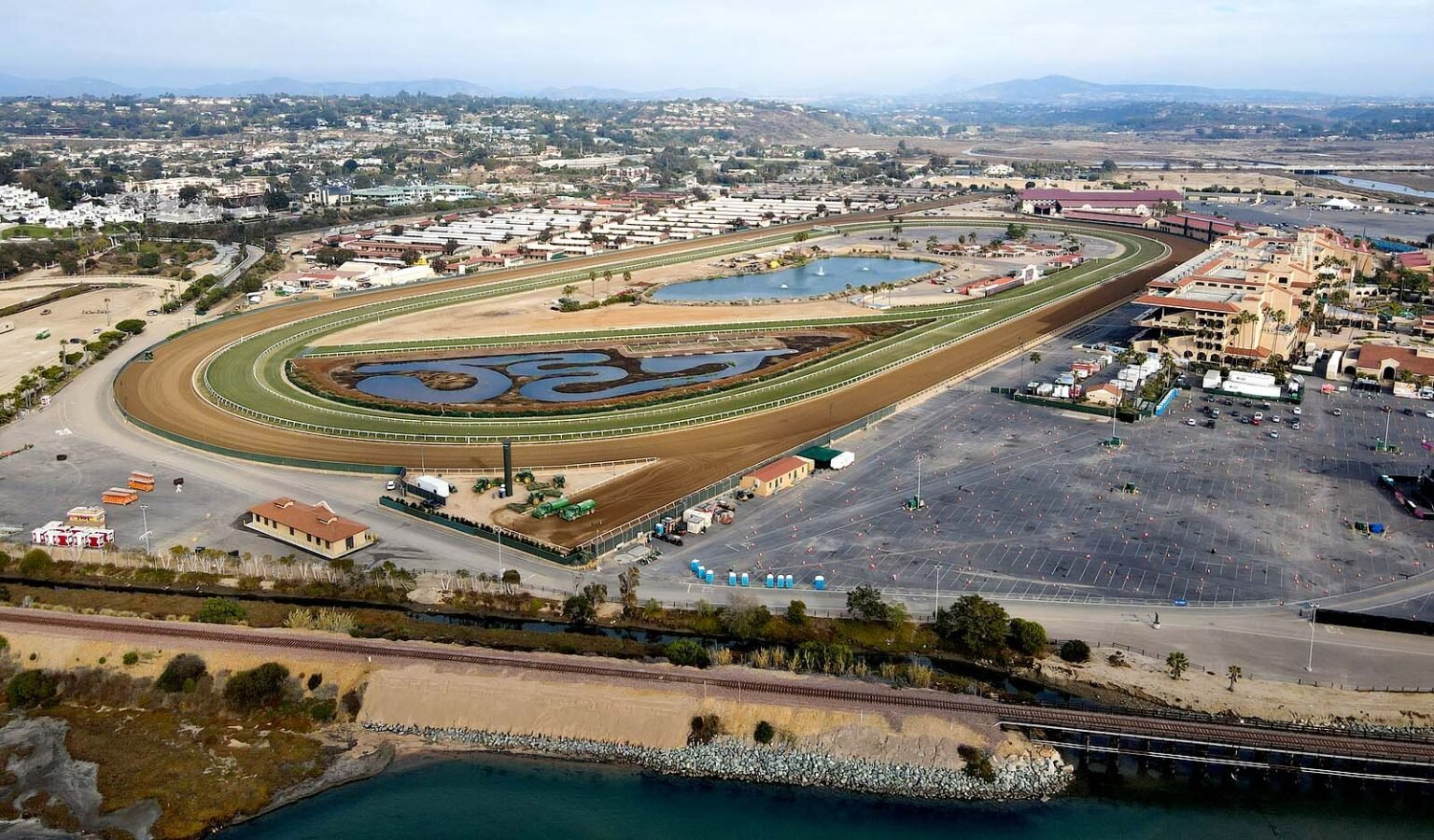DEL MAR — Despite COVID-19 striking heavy blows to certain key revenues, the City of Del Mar weathered the Fiscal Year 2020 fairly well, with its bottom line dipping only slightly, according to a financial report released last week.
The city’s “net position” — its net worth, everything it has (including land, facilities and equipment) minus everything it owes — decreased less than 2%, from $95.9 million to $94.5 million. But in the bigger picture, its net position increased during all but two of the last ten years.
“Over time, increases or decreases in net position may serve as a useful indicator of whether the financial position of the city is improving or deteriorating,” according to the financial report.
Though the city dipped into its contingency reserve, at the end of the fiscal year those funds weighed in at 17% of annual operating expenditures, equivalent to about two months of daily operations. That falls short of the city’s 25% target (about three months of operations), but exceeds the 10% minimum (about one month of operations).
The city’s General Fund balance — cash on hand, some available for discretionary spending, though mostly set aside for various purposes — fell 24%, from $8.2 million to $6.3 million. This decrease stems mostly from a General Fund transfer, to be repaid, to a separate fund for road reconstruction, said Monica Molina, the city’s financial manager.

Excluding this big transfer, General Fund revenues during FY 2020 actually exceeded General Fund expenditures by $1.3 million. Though COVID tanked certain income streams — namely, transient occupancy (hotel) tax and sales tax — the city offset the loss by cutting operational expenditures and deferring capital projects, among other measures.
For example, the city paused its utility undergrounding and Shores Park planning projects. It also set aside no new money in its reserve fund covering unfunded pension obligations.
Transient occupancy and sales tax revenues fell 22% and 64%, respectively, in FY 2020.
Some city officials have said they expect the pandemic’s fallout to last several years, during which time the city government would likely focus only on delivering core services but undertaking nothing new.
On the other hand, property taxes’ decades-long climb powered through COVID, increasing nearly 6% in FY 2020.
Largely for this reason, “Del Mar continues to be in a stable financial position,” according to the financial report. “The city’s largest revenue source is its very stable property tax base, which has increased each year since 1995. Due to the city’s excellent location on the coast, … its real estate market does not typically experience the downturns that the inland areas experience in periods of economic decline.”
“Assessed [property] valuation is projected to continue to increase,” according to the report. “Since Del Mar has been largely built-out for many years with properties occupied by long-time residents, many of Del Mar’s residential properties carry very low assessed values compared to current market value; and as these properties turn over, they are reassessed at higher values.”
Top photo by Dan Brendel


